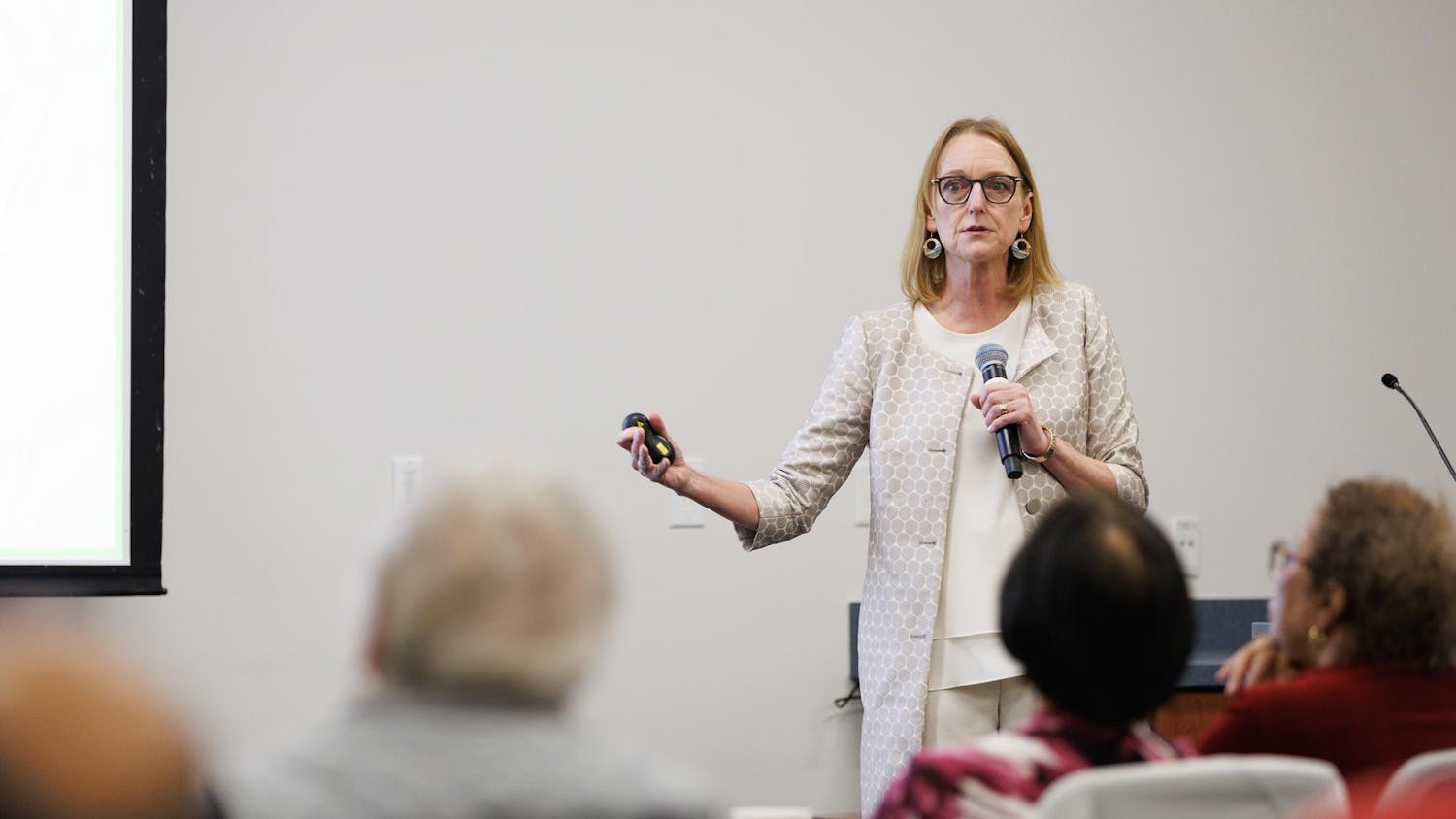U.S. Attorney General Michael Mukasey still isn't sure if the interrogation practice known as waterboarding - where an individual is strapped down with a rag placed over the nose and mouth while water is poured over the rag to simulate drowning - constitutes torture. That is, unless he were to be subjected to it.
In that case, he "would feel that it was [torture]."
During his confirmation hearings last fall, Mukasey said he wasn't sure if waterboarding was torture, but he promised to look into it. But in an appearance last week before the Senate Judiciary Committee, Mukasey still was not able to comment on the legality of waterboarding or whether it is tantamount to torture. And he assured the committee that torture isn't the policy of the Bush administration, and that America is against torture.
Sen. Edward Kennedy pointed out the glaring inconsistency in Mukasey's testimony by noting that for someone to say he is against torture but unsure if waterboarding is included is "like saying that you're opposed to stealing but [are] not quite sure whether bank robbery would qualify."
Kennedy is right. The historical record is clear as to whether waterboarding is torture. In 1947, the U.S. prosecuted a Japanese officer for war crimes and sentenced him to 15 years of hard labor for waterboarding a U.S. civilian during World War II. One would assume that this legal precedent would be more than enough to inform Mukasey of the legal status of waterboarding.
The idea that Mukasey, a seasoned and erudite jurist, is unable to determine whether waterboarding is torture when examples such as the above make it patently obvious that it is - in the legal sense just as much as the moral sense - frustrates comprehension.
The Bush administration's record on torture is appalling, anachronistic and un-American. Over the course of the past several years, the administration has entered into the nation's vocabulary terms like "enhanced interrogation techniques," "extraordinary rendition" and, of course, "waterboarding," all the while engaging in a campaign of disingenuous denials that America doesn't torture.
The administration has forsaken the Geneva Conventions, calling them "quaint" and antiquated - pre-Sept. 11 thinking. Instead of following the rule of law, the administration has embraced "enhanced interrogation techniques" - a bureaucratic euphemism for torture that allows the use of stress positions, sleep depravation, noise and phobia bombardment.
Extraordinary rendition refers to the extradition of terror suspects to secret CIA prisons known as "black sites" in countries that are historically less scrupulous about the use of torture in intelligence-gathering interrogations.
This is the outsourcing of torture. The fact that we as a nation are even debating this issue - whether torture is an acceptable method for gathering intelligence in the war on terror - speaks volumes about the period of moral darkness that has descended upon our nation.
The Bush administration's total disregard for human rights, constitutional rights and the rule of law in its ends-justify-the-means mentality toward the prosecution of the war on terror undermines America's moral standing.
When it comes to torture, it's not a matter of expedience or pragmatism. It's a matter of the rule of law. It's a matter of right and wrong, good versus evil. Aren't we supposed to be the good guys?
Joshua Fredrickson is a political science senior. His column appears on Wednesdays.





